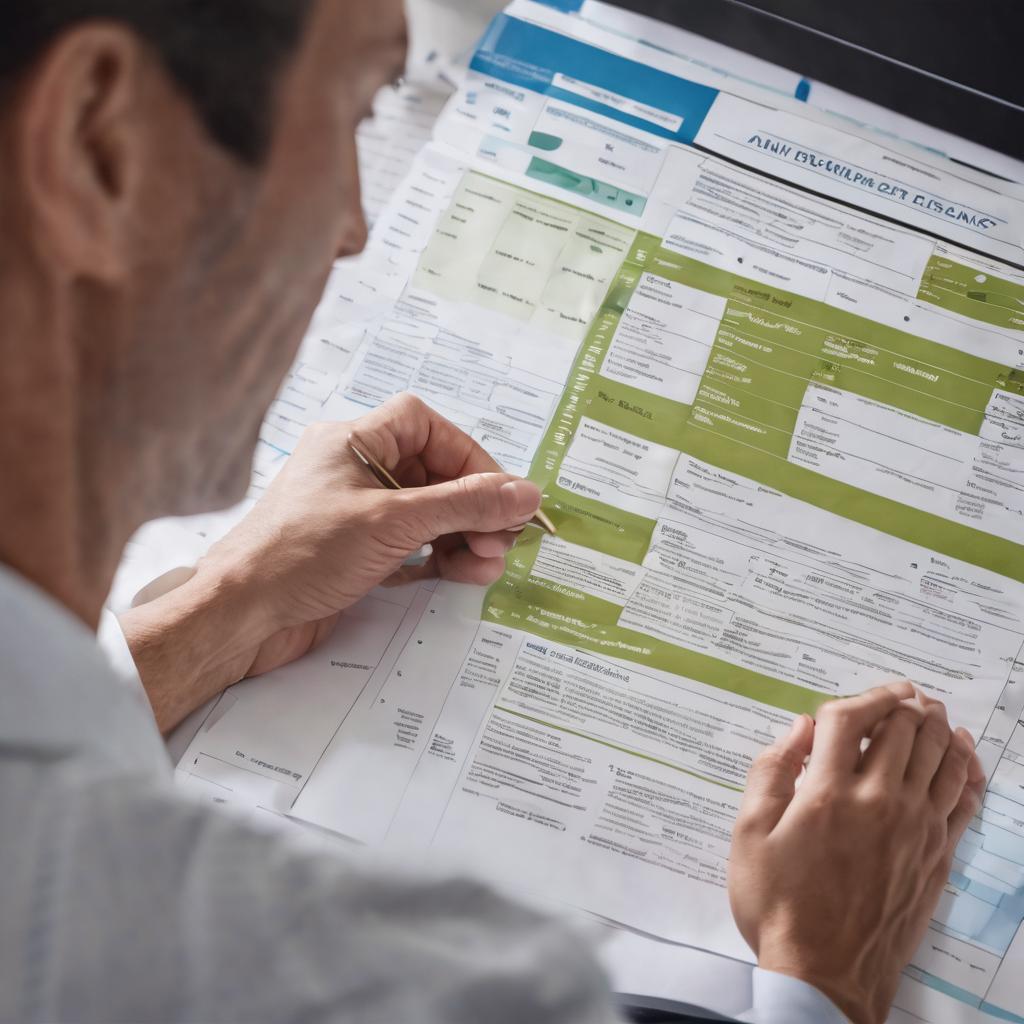How to File a Claim and MaximizeYour Insurance Benefits

Contents
- 1 Introduction
- 2 Know when to file a claim and when not to.
- 3 Read your policy carefully.
- 4 Take photos of the damage and prepare a cost estimate for repairs.
- 5 Get all relevant info about the incident from witnesses.
- 6 Report the accident as soon as possible, particularly if there’s been an injury involved.
- 7 Work with your insurance company on settling out of court or filing formal charges with police if they’re needed.
- 8 Use your insurance to help yourself in times of emergency
- 9 Conclusion
Introduction
Anybody who’s ever dealt with insurance companies knows that they can be a real pain in the ass. But they’re also there to protect you, and it’s important to know how to file a claim properly so that you’re covered when you need them most. In this article, I’ll walk through what to do if you need to file an insurance claim—from how long after an incident you should wait before making one to how much information is needed from witnesses.
Know when to file a claim and when not to.
If you have been injured in an accident and the other party is clearly at fault, there is no reason not to file a claim. This includes injuries sustained from slip and falls, car accidents, construction site accidents and more. You should also file a claim if your property has been damaged by another person’s negligence or carelessness (e.g., if someone leaves their trash on your lawn).
When it isn’t necessary to file a claim
The only time when filing an injury lawsuit would be unnecessary is if the person responsible for causing your injury has already paid for damages out of pocket without being sued by anyone else involved in the incident (such as passengers in cars). However, this doesn’t mean that filing lawsuits against others involved in accidents wouldn’t be beneficial; rather than collecting money themselves directly from those responsible parties (which may take years), insurance companies often offer much higher payouts than individuals would ever be able to afford themselves!
Read your policy carefully.
There are a few things you can do to make sure that your insurance claim is processed correctly and as quickly as possible. First and foremost, read your policy carefully. Make sure there aren’t any exclusions listed in the fine print that will exclude certain types of damage from being covered by your policy, or exclude certain situations altogether. If something happens while traveling abroad or using an excluded vehicle (such as an airplane), then it may not be covered by your auto insurance company at all!
Secondly, if there is anything in particular about this accident which could affect how much money is paid out by the company–such as if someone else was responsible for causing it–you should take extra steps to ensure they’re aware of those details so they can factor them into their calculations when determining how much money they’ll need from you before they issue payment on behalf of themselves/their client(s).
Take photos of the damage and prepare a cost estimate for repairs.
It’s important to document your claim as thoroughly as possible, so that you have plenty of evidence in case there are any discrepancies later on.
If your car was damaged by another driver, make sure they have their insurance information handy when reporting it at the scene of accident. You should also get their contact information so that they can be notified about any changes made to their policy following an accident (such as increasing deductibles or adding uninsured motorist coverage). If not provided by law enforcement officers who responded first on scene, ask them if there is any way we could obtain this information ourselves? If so then please let us know how we might go about doing so.”
Get all relevant info about the incident from witnesses.
Be sure to ask witnesses for their names, phone numbers and email address.
It’s important that you get all of the details from each witness. Ask them what they saw, heard, felt and smelled during the incident. If possible ask them if there were any other sensory perceptions such as taste that would help describe what happened.
Report the accident as soon as possible, particularly if there’s been an injury involved.
When you’re involved in an accident, there are certain things to do right away. If there was property damage and/or injury involved, it’s important to report the incident as soon as possible.
- Get medical attention for anyone who was hurt in the accident.
- Call the police if anyone was injured or if there was damage done to someone else’s property (if applicable).
- Call your insurance company if you are injured or if your vehicle sustained damage during an accident that wasn’t your fault–this way they can start working on getting everything taken care of right away!
Work with your insurance company on settling out of court or filing formal charges with police if they’re needed.
You’ll have to work with your insurance company on settling out of court or filing formal charges with police if they’re needed. If you don’t have a lawyer, consider hiring one. A lawyer can help guide you through the process and make sure that all of your rights are protected and accounted for.
If you do decide to go this route, there are several factors that will determine how much compensation you receive from an accident:
- The severity of the injury(s) sustained by the victim(s). In some cases, injuries may be minor enough not to require medical attention but still cause pain and suffering; other times they can be more serious–and more costly–to treat over time.* The amount of time spent recovering from those injuries.* Whether there were any long-term effects from said injuries (i.,e., permanent disability).
Use your insurance to help yourself in times of emergency
Filing a claim can be a confusing process, and many people don’t know when to file or how. Here are some tips for maximizing your insurance benefits:
- Know when not to file a claim. If you’re injured in an accident that wasn’t someone else’s fault–for example, if you trip over something on the sidewalk or fall down the stairs–you won’t generally be able to collect from your own insurance company. In these cases, it’s usually best just to pay out-of-pocket for any medical bills associated with treating your injuries (assuming they aren’t too extensive).
- Understand your policy terms before filing any claims; this way you’ll know exactly what kinds of damages are covered by which parts of your policy and whether or not filing them will result in any long-term financial consequences for yourself or others involved in whatever incident led up to needing those repairs/repairs/etcetera being made/done/etcetera happening again soon after being done once already earlier today before lunchtime ended early because tomorrow is Saturday so no one needs work done then anyway…
Conclusion
Filing an insurance claim can be a stressful and confusing process. But it doesn’t have to be! By following these tips, you’ll be able to get through this process with as little stress as possible–and hopefully come out on top with some new furniture or car repairs.








